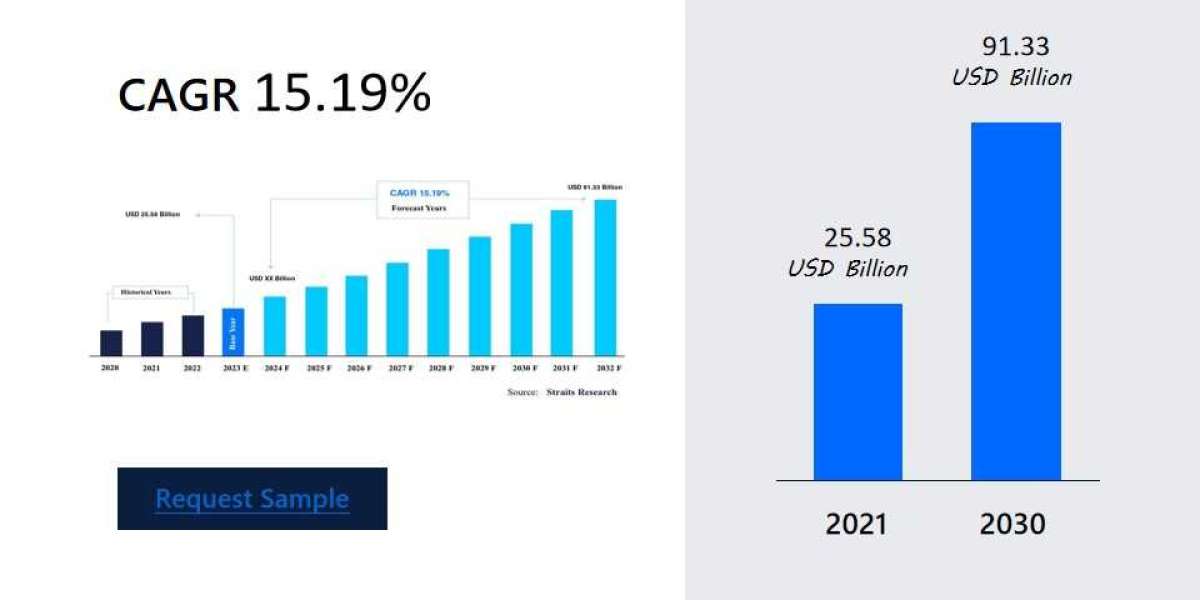In recent years, businesses have become increasingly aware of the need to reduce their energy costs and enhance their energy resilience, particularly in light of rising utility prices and the growing uncertainty surrounding energy security. One technology that has proven to be transformative in this regard is commercial solar batteries. These batteries, which store surplus energy generated by solar panels during the day for use at night or during periods of high demand, are becoming essential tools for businesses looking to optimize their energy systems. By integrating solar batteries into their energy infrastructure, companies can achieve significant cost savings, improve energy security, and contribute to a more sustainable and resilient energy grid.
The Growing Need for Energy Resilience
Energy resilience refers to the ability of an energy system to withstand and recover from disruptions, whether caused by natural disasters, grid failures, or other external factors. For businesses, this is an increasingly important consideration, especially in industries where uptime is critical. For example, manufacturing facilities, data centers, hospitals, and grocery stores cannot afford to experience prolonged power outages or interruptions to their energy supply.
One of the key benefits of commercial solar batteries is their ability to provide backup power during grid outages. Solar batteries can store energy generated by the solar panels on the premises, enabling businesses to draw on that stored power when the grid is down, thereby avoiding the costly consequences of downtime. In fact, businesses with solar battery storage systems can continue operating as usual during power outages, ensuring that operations remain uninterrupted.
The importance of this resilience has been underscored by recent events. In the United States, for instance, the frequency and severity of natural disasters, such as hurricanes, wildfires, and winter storms, have highlighted the vulnerability of the grid and the need for businesses to develop energy independence. According to a report by the U.S. Department of Energy, the frequency of power outages in the U.S. has increased by 68% since 2015, a trend that is expected to continue as the climate crisis intensifies. The ability to use stored solar energy during these disruptions has thus become a crucial component of energy resilience.
Reducing Operational Costs Through Solar Batteries
In addition to enhancing energy resilience, commercial solar batteries play a significant role in reducing operational costs. Businesses that rely on the traditional grid for their energy needs face rising energy prices, especially during peak demand hours. Peak demand charges, which are higher rates businesses must pay for energy during periods of high demand, can account for a substantial portion of a company's energy costs. In some cases, peak demand charges can represent as much as 50% of a business's total electricity bill.
Solar batteries help businesses avoid these high costs by enabling them to store excess solar energy generated during the day and use it during peak demand periods when energy prices are highest. By doing so, businesses can significantly reduce their reliance on the grid and lower their overall energy bills. This process, known as demand charge management, is one of the most compelling reasons for businesses to invest in commercial solar batteries.
Additionally, the integration of solar batteries with solar panels allows businesses to take full advantage of net metering programs, where they can sell excess energy back to the grid during the day when energy prices are low. This can provide a new stream of revenue for businesses, further offsetting operational costs.
A study by the National Renewable Energy Laboratory (NREL) found that commercial businesses could save up to 30% on their energy bills by integrating solar storage systems. These savings can be especially impactful for energy-intensive industries, where even small reductions in energy costs can translate to significant financial benefits over time.
Environmental Benefits and Sustainability
Beyond the financial and operational advantages, commercial solar batteries offer significant environmental benefits. By integrating solar energy storage into their operations, businesses can reduce their reliance on fossil fuel-based energy sources, thereby lowering their carbon footprints. As the world moves toward decarbonization, companies that adopt renewable energy solutions such as solar power and battery storage are better positioned to meet sustainability goals and regulatory requirements.
Solar batteries contribute to sustainability not only by enabling businesses to store renewable energy but also by helping stabilize the grid. When many businesses and homes use solar batteries, they reduce their overall reliance on the grid, which can decrease the need for additional power generation from coal or natural gas plants. This reduces emissions, mitigates environmental impact, and promotes a cleaner energy system.
As businesses increasingly face pressure from consumers, investors, and regulators to prioritize sustainability, adopting solar batteries can demonstrate a commitment to green energy practices. In fact, according to a report by the International Energy Agency (IEA), the global market for energy storage is expected to grow at an annual rate of 40% between 2020 and 2025, with solar energy storage playing a key role in the transition to a cleaner energy future.
Technological Advancements in Solar Batteries
Technological advancements in solar battery systems have also made them more accessible and efficient. The development of lithium-ion batteries, which offer a higher energy density and longer lifespan compared to older lead-acid batteries, has significantly improved the performance of solar storage systems. These advancements allow businesses to store more energy in a smaller space and use it more effectively.
In addition to lithium-ion batteries, there are also innovations in software and grid integration that enhance the functionality of commercial solar battery systems. Smart software platforms allow businesses to monitor their energy usage, track battery performance, and optimize energy storage and consumption in real-time. These systems can be programmed to automatically charge the battery during low-demand periods and discharge it during high-demand periods, maximizing savings and ensuring the most efficient use of energy.
Moreover, the decline in the cost of solar panels and battery systems has made them more affordable for businesses of all sizes. In the past decade, the price of solar panels has fallen by more than 70%, and the cost of battery storage has also dropped significantly. This reduction in costs has opened up new opportunities for small and medium-sized businesses to adopt solar battery systems, making the technology accessible to a broader range of commercial enterprises.
The Future of Commercial Solar Batteries
The role of commercial solar batteries in enhancing energy resilience and reducing operational costs is expected to grow as technology advances and the demand for sustainable energy solutions increases. With the global push toward decarbonization, energy storage solutions will continue to play a critical role in the transition to renewable energy. According to the U.S. Energy Information Administration (EIA), solar power is expected to account for 20% of the U.S. electricity generation by 2050, a significant increase from its current share. As this shift occurs, the need for efficient solar storage systems, such as commercial solar batteries, will be even more pressing.
In conclusion, commercial solar batteries are a key technology in the effort to enhance energy resilience and reduce operational costs for businesses. By providing a reliable backup power source during grid disruptions, enabling businesses to reduce demand charges, and supporting sustainability efforts, solar batteries are transforming the way businesses approach energy management. As costs continue to fall and technology improves, the adoption of solar batteries is expected to become even more widespread, offering businesses an even greater opportunity to enhance their energy efficiency and reduce their environmental impact.
Relevant Resources:
- National Renewable Energy Laboratory (NREL) Study: https://www.nrel.gov/docs/fy19osti/72011.pdf
International Energy Agency (IEA) Report on Energy Storage: https://www.iea.org/reports/energy-storage








